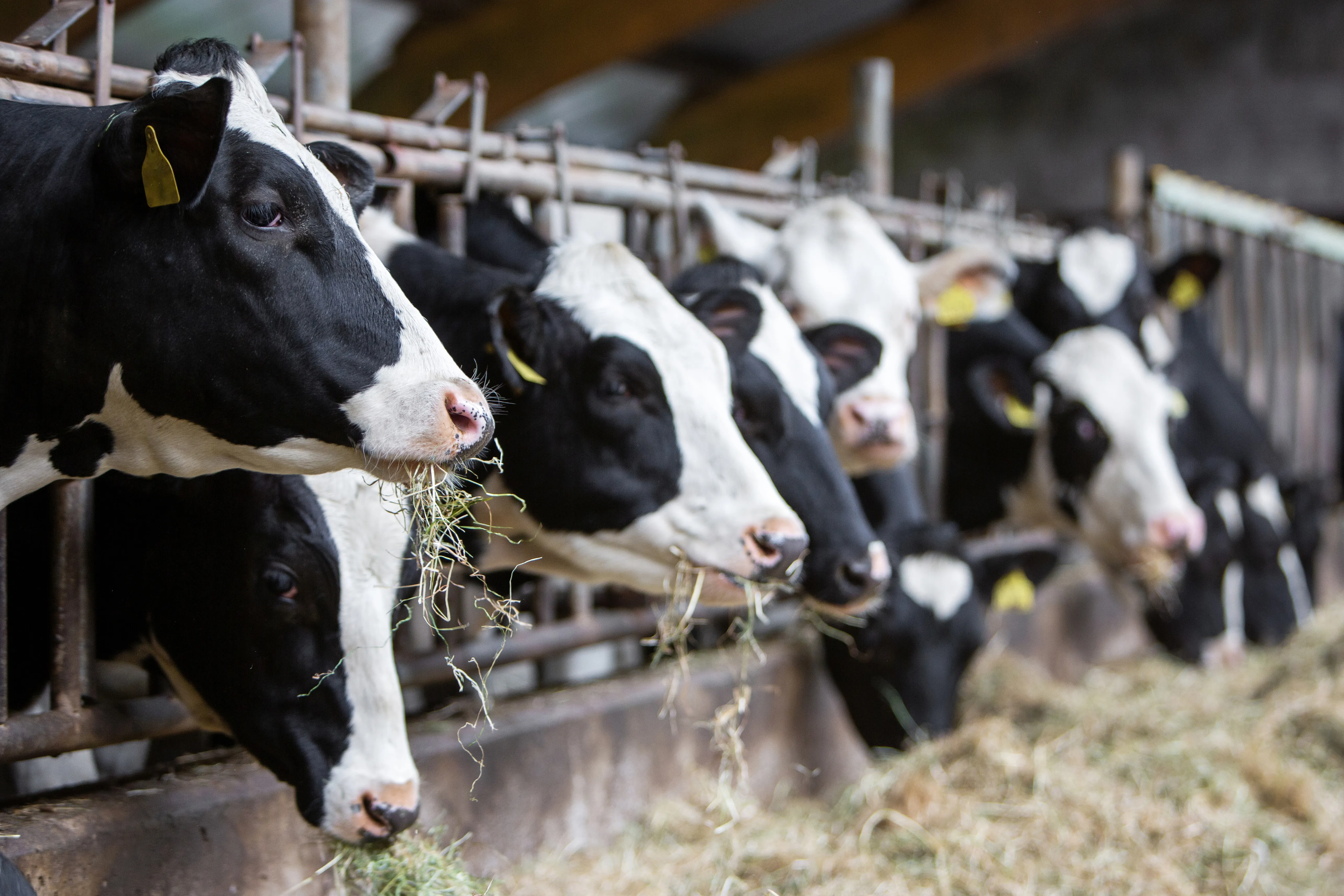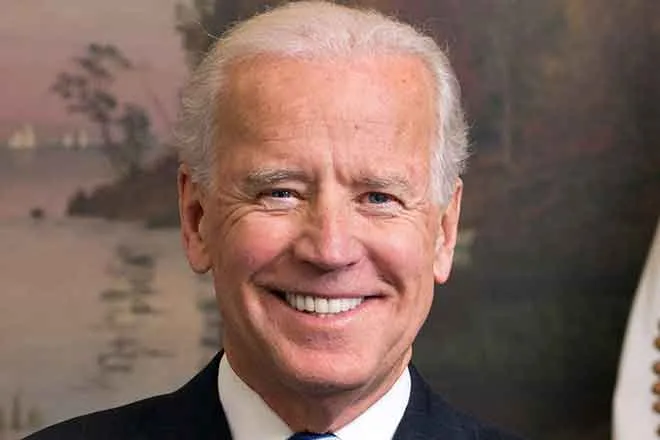
Daily Audio Newscast - September 24, 2024
News from around the nation.
Sustainable aviation fuel creates buzz in the airline industry; the FBI reports a drop in violent crime; prison copays seen as a barrier to medical care for incarcerated people; and a Caribbean storm system could threaten the Gulf of Mexico by Thursday.
Transcript
The Public News Service Daily Newscast, September 23, 2024.
The Public News Service Daily Newscast for September 24th, 2024.
I'm Mary Sherman.
Some people might already be booking flights for the upcoming holiday season.
In the future, they could end up flying on a jet that relies on cleaner fuel sources, with Minnesota at the center of evolving solutions.
Sustainable aviation fuel is creating buzz in the industry as all facets of the transportation sector face increasing pressure to reduce emissions.
Delta Airlines and other partners recently announced plans for a blending facility in Rosemount to combine clean sources with conventional jet fuel.
Margaret Cherney Hendrick with Fresh Energy says there's an opportunity for the region to establish itself while also calling for a careful approach.
Not just from a carbon intensity perspective, but also from an environmental integrity perspective.
So how are we thinking about land use conservation, water quality, air quality?
Emerging sources include feedstocks derived from agriculture and green hydrogen boosted by the use of renewable energies in its production.
Cherney Hendrick says Minnesota could be a big player because of its agricultural backdrop, and using state and federal incentives to spur production can aid rural economies.
I'm Mike Moen.
New data released Monday from the FBI found an overall 3 percent drop in violent crime in 2023 from the year before, with murders and non-negligent manslaughter falling roughly 12 percent.
The decline comes after a surge in crime during the pandemic, with homicides increasing nearly 30 percent in 2020, the largest one-year jump on record.
Now to Wyoming, where lawmakers are discussing gun legislation after Governor Mark Gordon vetoed a bill that would have repealed gun-free zones this spring.
Kathleen Shannon has the story.
The bill would have made concealed weapons legal in more places, including the Capitol, universities, and grade school campuses, where school districts currently make the rules.
Annie Griffin is superintendent of the rural Washakie County School District No. 2, where teachers have been allowed concealed carry for seven years.
She told the Joint Judiciary Committee that the rule creates challenges with hiring, permit pulling, and enforcement with adults from outside the district, at sporting events, for example.
Unfortunately, I can tell you of many events of verbal abuse of violence from children in the classroom, I don't think people fully understand the volatility that can go on in schools.
After the bill passed both chambers, Governor Gordon vetoed it, saying he is a fervent supporter of the Second Amendment, but that the bill lacked sufficient review and debate.
Its sponsor, Republican Representative Jeremy Harrelson, says he'll introduce a similar bill next session.
House Democratic leadership is reportedly advising its members that Republicans' bill to ward off a government shutdown for three months has no deal-breakers for their side.
It clears the way for House Speaker Mike Johnson to rely heavily on Democratic votes to make up for possible defections on his side.
This is public news service.
New research shows medical co-pays are preventing incarcerated people from receiving medical care.
While these fees may be as little as $2 to $5, families don't always have the funds to cover repeated doctor's visits.
Wanda Bertram with the Prison Policy Initiative says co-pays are strategies states use to keep the number of sick calls down.
And that's not because people are making frivolous requests.
It's because prisons often don't have the resources and simply don't want to deal with what it would take to actually give incarcerated people the care they need.
Nearly one in five people nationwide have not seen a doctor since entering state prison, according to the Prison Policy Initiative.
Federal data shows people who are incarcerated are more likely to have high blood pressure, asthma, cancer, arthritis and infectious diseases such as hepatitis C and HIV.
A 2,000-mile bus trip has not deterred representatives from Southwest tribes from traveling to Washington, D.C. this week to support expansion of the Radiation Exposure Compensation Act.
Roz Brown reports.
RICA provides health screenings and financial aid for people sickened by testing of nuclear weapons in the 1940s.
Tina Cordova with New Mexico's Tolarosa Basin Downwinders Consortium is traveling with members from the Laguna and Acoma Pueblos and the Navajo Nation.
She notes that expansion of RICA is supported in the Senate, but Republican Speaker Mike Johnson has blocked a vote in the U.S. House.
It's very disappointing that somebody who has so much power can simply say something like it's going to cost too much and that works.
It's obscene.
Expansion of the bill would, for the first time, benefit thousands of New Mexicans from the area surrounding the Trinity Test Site.
A storm system in the Caribbean is expected to intensify over the Gulf of Mexico before striking the U.S.
Gulf Coast as Hurricane Helene by the end of the week.
Hurricane and tropical storm watches are in effect for parts of Mexico and Cuba, and similar alerts are expected for parts of the U.S.
Now to the Atlantic Coast, where anglers want stricter regulations to help improve stocks of herring, a forage fish vital to a healthy ocean ecosystem.
The population was once depleted from decades of overfishing and has struggled to recover, impacting the health of larger prized fish up the food chain.
Rich Hittinger with the Rhode Island Saltwater Anglers Association says that hurts local fishermen and the small coastal businesses that support them.
We see the striped bass and the other fish not showing up in an area because the forage fish aren't there.
Anglers have asked the New England Fishery Management Council to re-establish a 12-mile offshore buffer zone for large herring trowlers.
Nearly all respondents to a recent public comment period backed further actions to protect the Atlantic herring and other forage fish.
A recent assessment of Atlantic herring stock shows little progress has been made in rebuilding the population.
That was Katherine Carley reporting.
This is Mary Sherman for Public News Service, member and listener supported.
Find our trust indicators at publicnewservice.org.

















